How much consideration do you dedicate to your organizational or corporate culture? Have you ever pondered the potential influence of your current culture on your bottom line? The research on this question is actually mixed, making it a more intricate inquiry than it may initially seem.
Perhaps a more pertinent question revolves around the definition, quantification, or measurement of your culture as a leader. Given the complexity and diversity of the modern workplace, answering this question proves challenging. If armed with this information, how would you leverage it to enhance your bottom line?
What constitutes the definition of “culture” in an organization? Terms like “values, beliefs, and practices” are often used to encapsulate the concept. Other descriptive words include “assumptions, norms, opinions, and beliefs” existing within the organization’s employees.
For those who value precision, these words may induce some anxiety as they don’t feel very specific or manageable. Conversely, for those who seek control in the business realm, these words may raise concerns about predictability of outcomes.
The ambiguity surrounding these definitions may explain why there is a lack of clarity about what organizational culture truly is, let alone its significance to the company and how to influence it. Often, we treat the idea of culture much like the air we breathe—it’s present, and we simply coexist with it.
But what if the quality of your culture indeed had a tangible impact on your bottom line? Consider the possibility that the demeanor of your client-facing employees and the “culture” they project to a customer could genuinely affect a transaction and, consequently, revenue.
What if employee retention served as a metric for culture, connected to the management of turnover costs, including recruiting, training, and loss of customer satisfaction?
What if discretionary effort could be quantified and interpreted as a reflection of organizational culture and monetized accordingly?
The point is, it’s likely that you don’t fully grasp your culture or its impact on your revenue because you haven’t prioritized it or asked the right questions to obtain an accurate reflection of your culture.
Why leave this as a blind spot? Why assume you are on the right track? Why presume that you are maximizing your potential and leveraging available resources to the fullest?
Get certainty. Let’s initiate a discussion about the possibilities.






